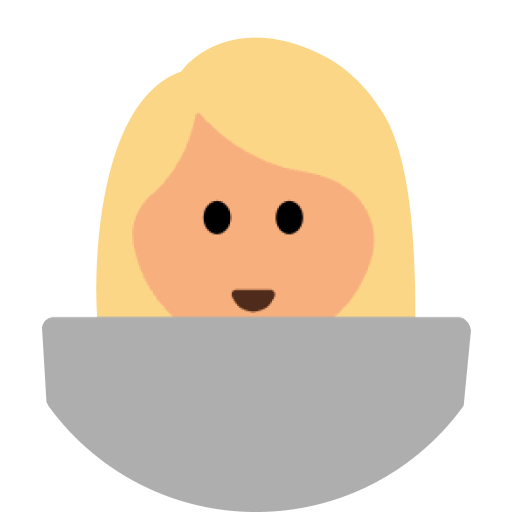
What does "plan on something" mean?

Native speaker’s answer
Rebecca
"Plan on something" means "plan to do" or "plan to". Ex: I plan on cleaning the house this weekend because it is dirty. Ex: She planned on moving this month, but she wasn't able to.



Rebecca
"Plan on something" means "plan to do" or "plan to". Ex: I plan on cleaning the house this weekend because it is dirty. Ex: She planned on moving this month, but she wasn't able to.
07/27
1
What does "rub" mean here?

"The rub" is British slang meaning "the problem". This slang is specific to Great Britain and is not understood by most Americans.
2
Is it same if I change the "shades" to "curtains"?

"Shades" and "curtains" are slightly different. "Curtains" are long panels of soft material that are drawn from side to side, whereas "shades" are long panels of material that roll up from top to bottom. "Blinds" are another type of window covering similar to "shades," but they have folds or consist of multiple slats of material that can lay flat to block out sunlight. In this case, you cannot change "shades" to "curtains" as they are different items. Ex: Can you roll up the shades? Ex: Can you draw the curtains?
3
Could you tell me what the "International Tax System" means? So, I suppose multiple countries are committed to an intergovernmental pact to organize a globalized version of IRS?

I believe it refers to how different tax systems work in different countries, which probably have to keep track of to make sure everyone complies. So, even if countries have different systems, with so much travel and immigration, they probably have to have policies in place to maintain it. Ex: If I teach English overseas, I still have to make sure I'm paying tax to my country. Ex: Do you know what the international tax policies are with immigrating and working remotely?
4
Can I say "near" instead of "close?"

No, I wouldn't suggest it! "Near" is interchangeable with "close" in relation to distance and physical spaces, but if you're talking about abstract ideas and other things that aren't easily measured physically, then "close" is best to use. Or, if it were an affirmative sentence, "nearly" would also be good to use. Ex: The house is near the ocean. = The house is close to the ocean. Ex: I'm very close to my friend. => emotional connection Ex: She nearly won the competition.
5
Can I use "of" instead of "on" here?

No, it would sound unnatural to replace the preposition "on" with "of" here. There is not really a rule for this since English prepositions are very idiomatic. However, whenever there is research done or a study that is conducted, the preposition used to indicate the subject of the research is "on" and never "of". Ex: The professor does research on whale genetics. Ex: A five-year study was conducted on the health effects of vaping.
Complete the expression with a quiz!